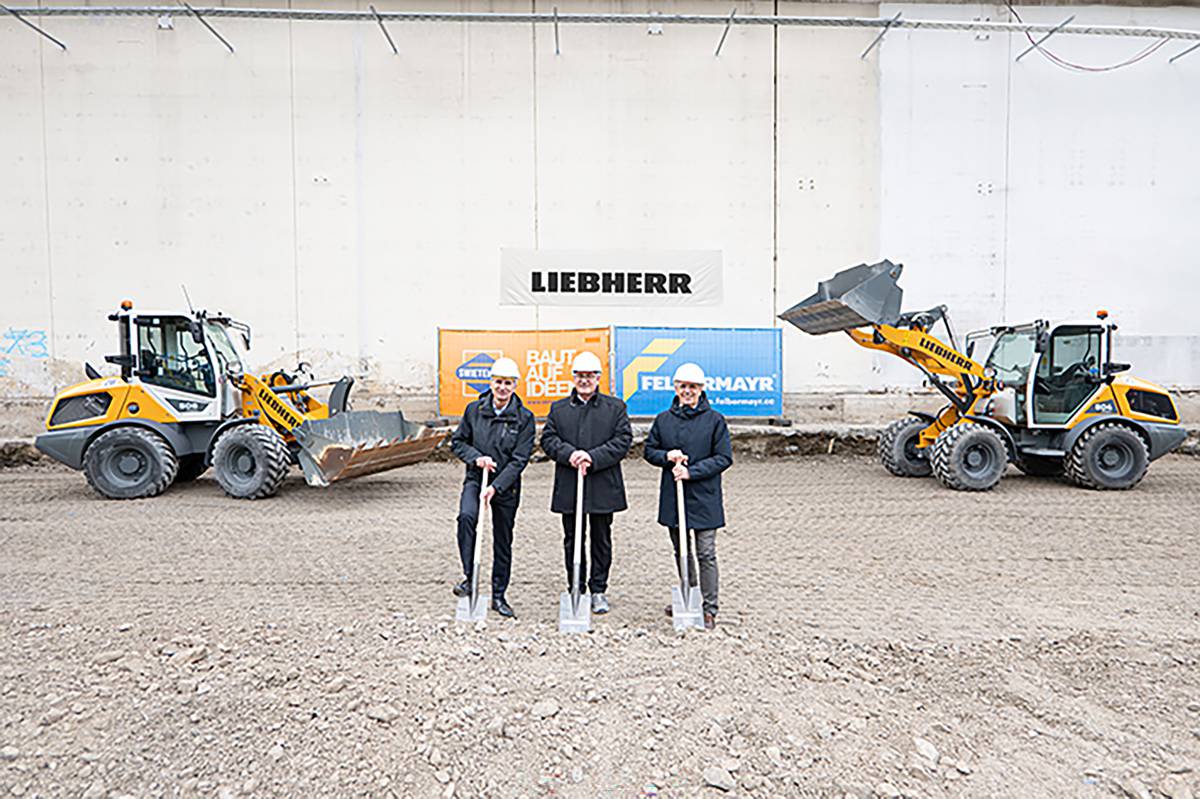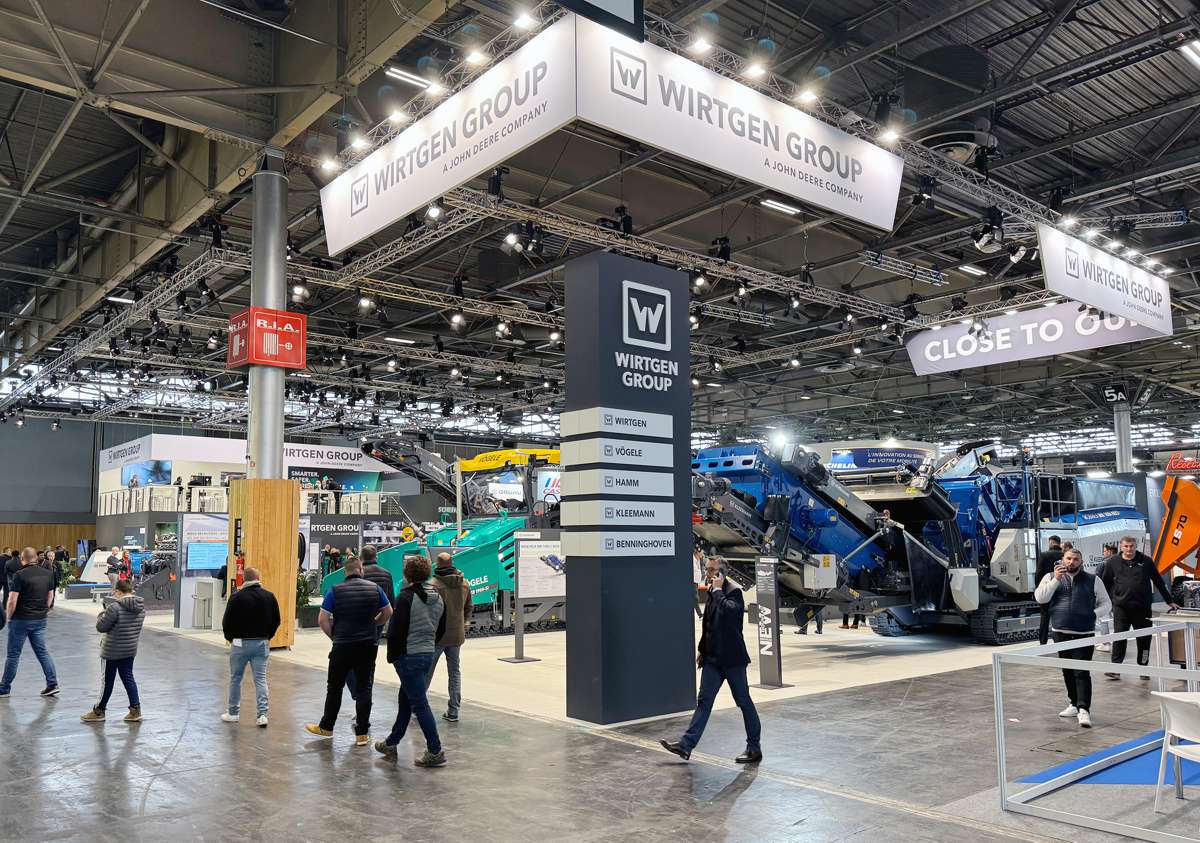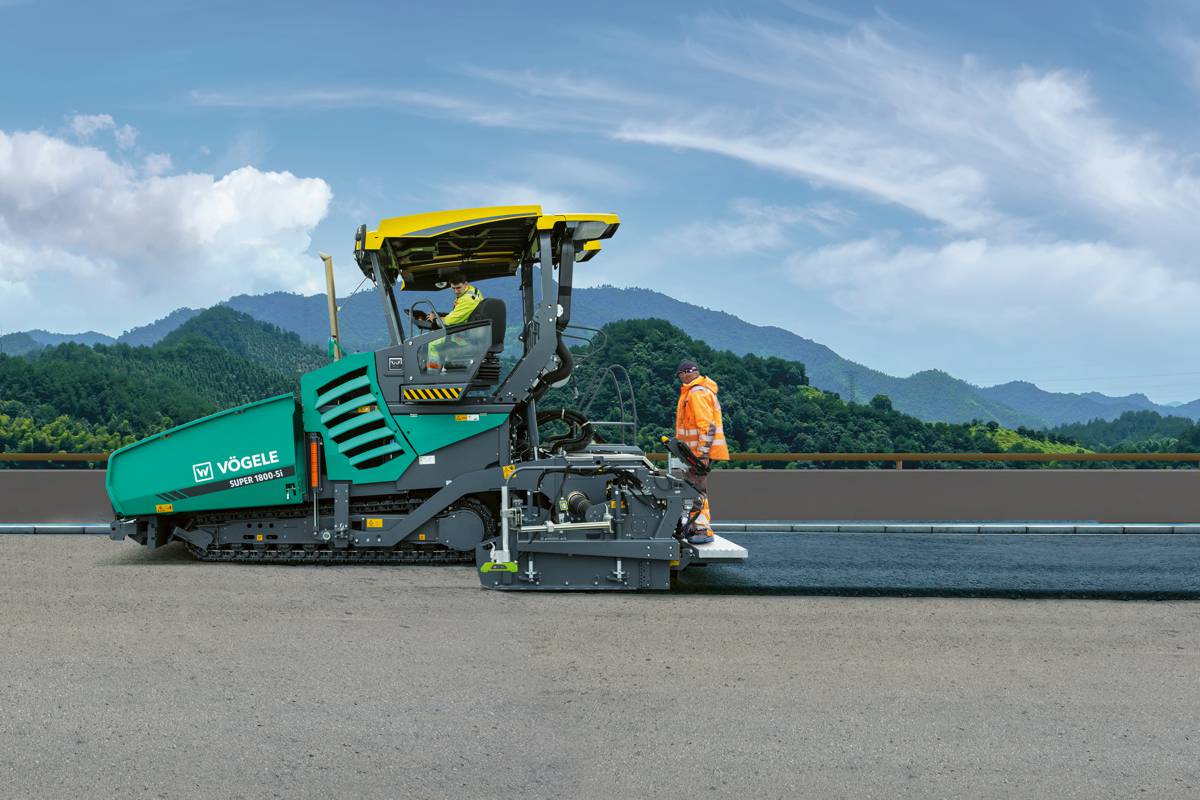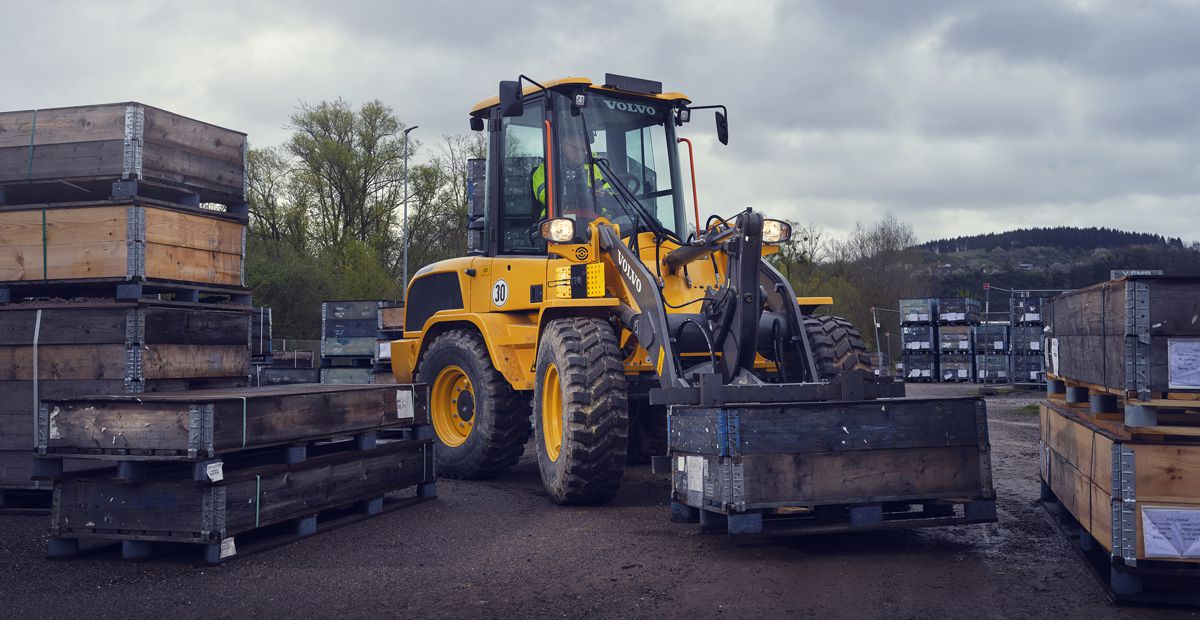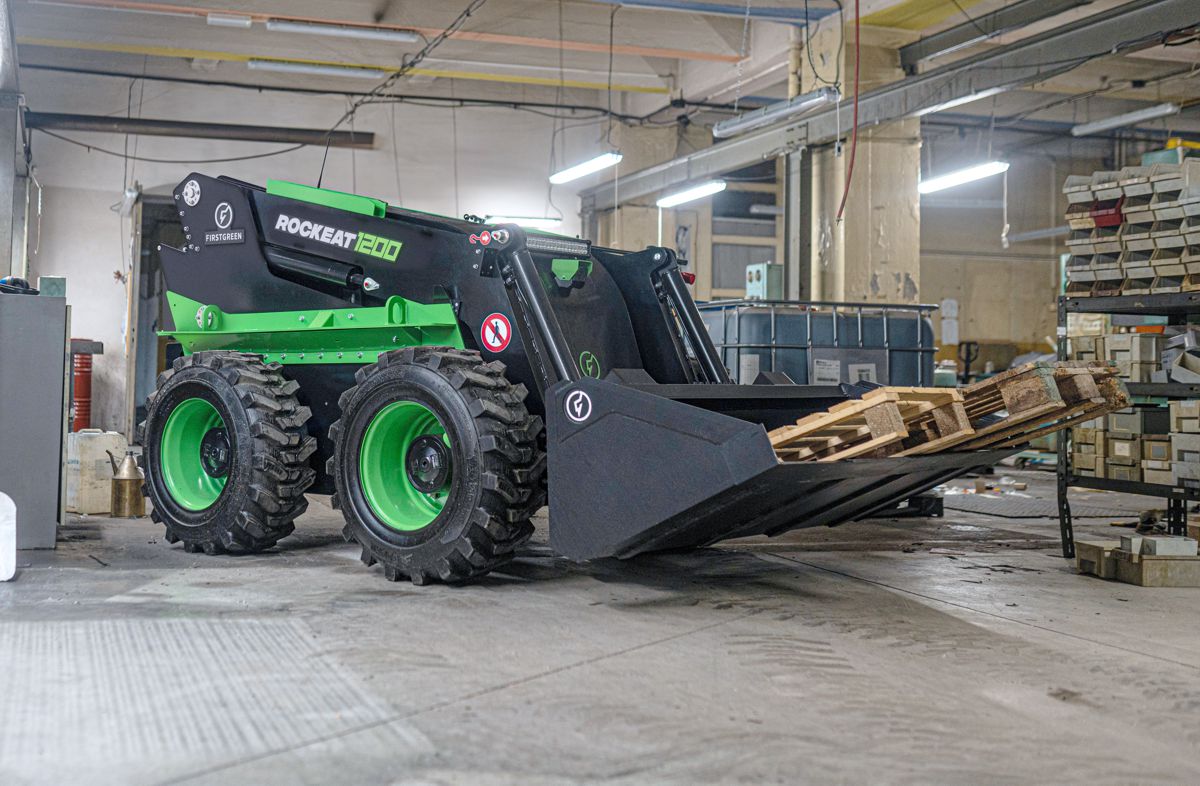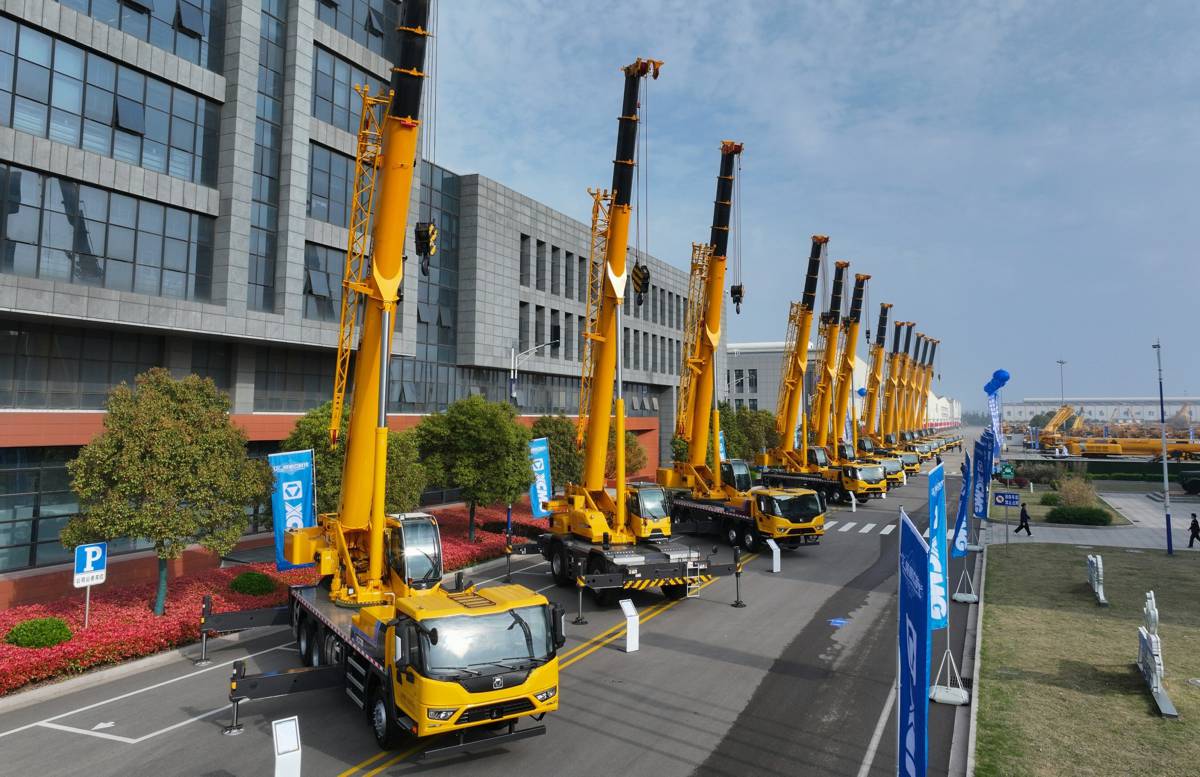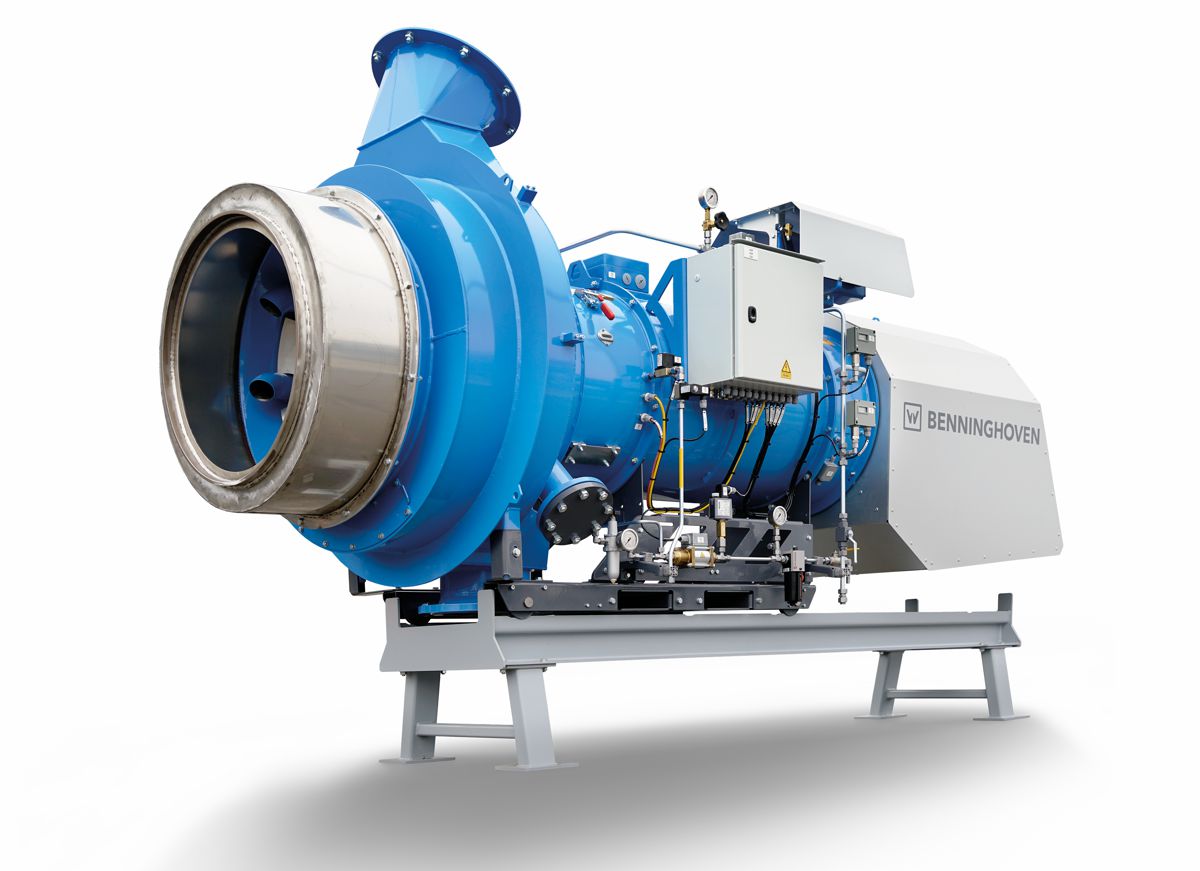Construction Equipment Maintenance: Why It Matters
In today’s fast-paced construction world, precision automotive parts manufacturers play a pivotal role. Their expertise ensures that equipment runs smoothly, and one of the key contributors to this efficiency is CNC machining for construction equipment. But why is the maintenance of these parts so crucial? Let’s delve into the significance of this process.

1. The Lifespan of Construction Equipment
Construction equipment, from excavators to bulldozers, typically has a lifespan ranging from 8 to 15 years, depending on usage intensity and working conditions. However, this average can vary significantly based on the equipment’s care and environment. Regular maintenance plays a pivotal role in maximizing this lifespan.
By addressing minor issues promptly, preventing undue wear and tear, and ensuring optimal operating conditions, the machinery’s functional life can be extended considerably. In essence, while equipment naturally ages, proactive maintenance can slow this aging process, ensuring a longer, more productive life for these invaluable assets.
2. Safety Implications
Using poorly maintained construction equipment is akin to playing with fire. The risks are manifold, from minor injuries to catastrophic accidents. For instance, in 2019, the U.S. Bureau of Labor Statistics reported that equipment-related incidents accounted for a significant portion of construction fatalities. Many of these accidents were directly linked to equipment malfunctions, often resulting from inadequate maintenance. A malfunctioning brake system or a compromised structural component can lead to devastating consequences on a busy construction site. These statistics underscore the critical importance of regular equipment checks.
By ensuring that machinery is in top condition, potential hazards can be identified and rectified before they escalate into severe safety threats. In the realm of construction, where the margin for error is slim, prioritizing equipment maintenance is not just about efficiency—it’s a matter of life and death.
3. Economic Considerations
The financial repercussions of equipment breakdowns in the construction industry are substantial. Every hour of downtime can translate to thousands of dollars in lost productivity, not to mention the cascading delays affecting subsequent project phases. When juxtaposed, the cost of routine maintenance pales in comparison to the exorbitant expenses of equipment replacement or extensive repairs. For instance, a minor preventive maintenance check might cost a fraction of a major engine overhaul resulting from neglect.
Furthermore, well-maintained equipment boosts confidence among stakeholders. Contractors with a reputation for using top-notch machinery are more likely to secure higher project bids, as clients perceive reduced risks and anticipate timely project completion. In essence, investing in regular equipment maintenance not only curtails immediate costs but also paves the way for enhanced profitability in the long run.
4. Efficiency and Productivity
Well-maintained equipment, especially those with CNC machine parts, operates at optimal levels. Any slowdown or stoppage can impact timelines and productivity. Regular checks and maintenance ensure that machinery runs efficiently, saving time and resources in the long run.
5. Environmental Impact
The environment is a shared responsibility. Equipment that isn’t maintained can lead to increased emissions or even hazardous leaks. Regular maintenance ensures better fuel efficiency and reduced waste, making it a green choice.
6. Enhancing Resale Value
Equipment resale can provide a good return on investment, especially if the machinery is well-maintained. Maintenance records can be a testament to the equipment’s condition, making it more appealing to potential buyers.

CNC Machining for Construction Equipment
CNC (Computer Numerical Control) machining has revolutionized the construction equipment industry. This advanced technology ensures the production of intricate and precise machine parts tailored for heavy-duty tasks. By automating and streamlining the manufacturing process, CNC machining guarantees consistent quality, reducing the chances of equipment malfunction.
Moreover, it allows for rapid production and customization, catering to specific construction needs. As the demand for more efficient and reliable machinery grows, the reliance on CNC machining for construction equipment will only intensify, setting new standards for durability and precision in the sector.
How is CNC used in the automotive industry? CNC machining is pivotal in producing precision parts, ensuring vehicles and machinery function optimally. For a deeper dive into this, check out cnc machining automotive parts to understand its significance in the automotive sector.

Best Practices for Equipment Maintenance
Regularly Check for Wear and Tear:
Regular inspections can identify signs of deterioration early on. By catching issues like rust, cracks, or worn-out components, you can prevent larger malfunctions and extend the equipment’s lifespan.
Ensure that CNC Machine Parts are Cleaned and Lubricated:
Dirt and debris can hinder performance. Regular cleaning, combined with adequate lubrication, ensures that CNC machine parts function smoothly, reducing friction and preventing premature wear.
Schedule Periodic Professional Inspections:
While routine checks are essential, having a trained professional periodically inspect the equipment can identify deeper issues. Their expertise can pinpoint problems that might be overlooked during regular checks.
Keep a Record of All Maintenance Activities:
Documentation provides a clear history of care, which can be invaluable for resale, warranty claims, or troubleshooting. A well-maintained log can also help schedule future maintenance activities efficiently.

Conclusion
In conclusion, the maintenance of construction equipment, especially those with CNC machine parts, is not just a requirement but a necessity. It ensures safety, efficiency, and longevity, making it a cornerstone for any successful construction project. Investing time and resources in regular maintenance will undoubtedly yield long-term benefits.



